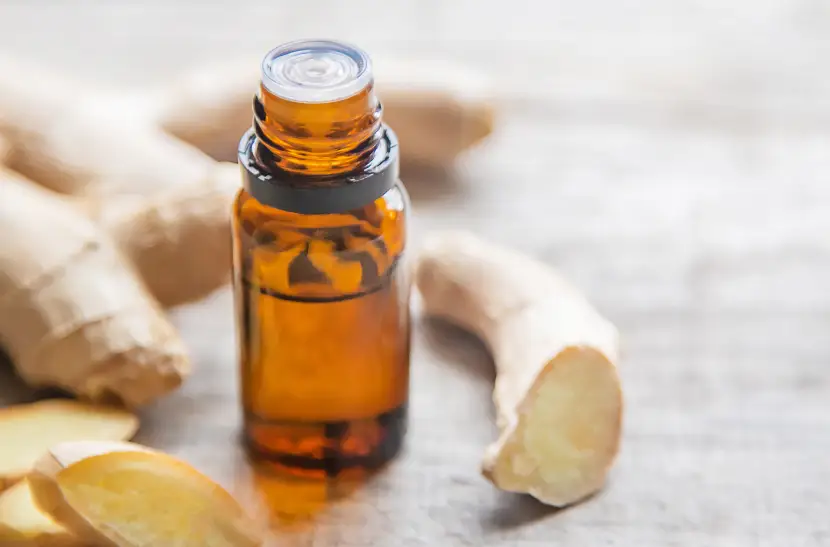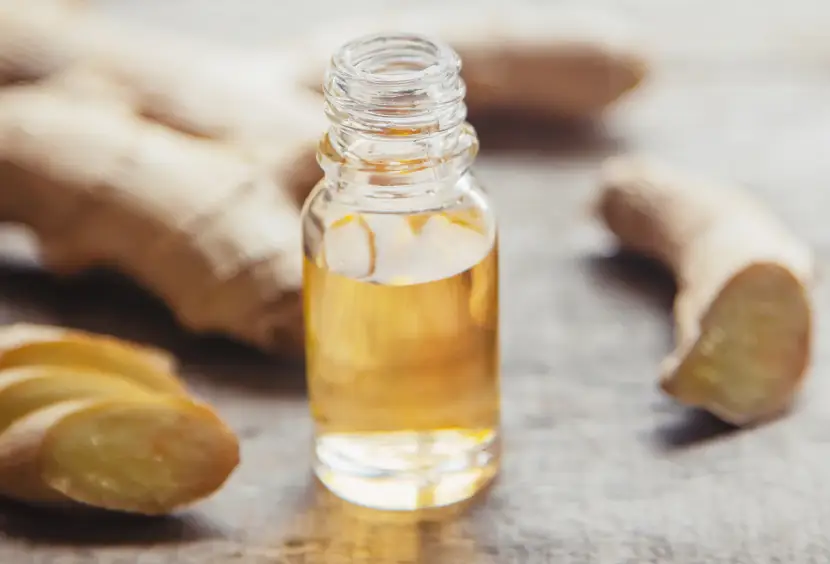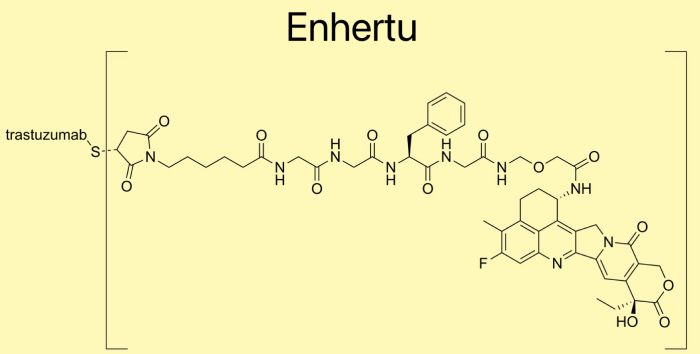Introduction
Understanding the Essence
As a health and wellness professional, I’m excited to introduce you to one of nature’s most versatile therapeutic oils. Aroma ginger oil offers a concentrated form of ginger‘s beneficial properties, extracted from the root through careful distillation. This potent essence has been treasured for centuries across various cultures for its distinctive warming aroma and remarkable therapeutic properties.
Historical Use and Cultural Significance
The use of ginger in various forms spans multiple civilizations, from traditional Chinese medicine to Ayurvedic practices in India. While the fresh root has been used for over 5,000 years, aroma ginger oil has gained significant popularity in recent decades as modern extraction methods have made it more accessible to consumers worldwide.

Understanding the Production Process
Extraction Methods
The production of high-quality aroma ginger oil involves careful selection of mature roots followed by a sophisticated extraction process. The most common method is steam distillation, which preserves the oil’s beneficial compounds while ensuring purity. This process typically yields a pale yellow to amber-colored oil with a warm, spicy, and woody scent characteristic of fresh ginger, but in a more concentrated form.
Quality Factors
The potency of aroma ginger oil depends on several crucial factors:
- The maturity and condition of the ginger rhizomes used
- The timing of harvest
- The extraction method employed
- Storage conditions throughout the process
Chemical Composition and Active Compounds
When you’re considering using aroma ginger oil for your wellness routine, it’s important to understand its powerful components. The essential oil contains various bioactive compounds, with zingiberene being one of the primary constituents. Other significant compounds include:
- Gingerols and shogaols, responsible for the warming sensation
- β-sesquiphellandrene
- Camphene
- β-bisabolene
These compounds work synergistically to provide the oil’s therapeutic benefits. However, it’s worth noting that the exact composition can vary depending on factors such as geographical origin and extraction methods.
Key Health Benefits
Digestive Health Support
One of the most well-documented benefits of aroma ginger oil is its positive impact on digestive health. The natural compounds can help:
- Support healthy digestion
- Ease occasional stomach discomfort
- Promote normal appetite
- Support healthy gut function
Anti-inflammatory Properties
Research suggests that the active compounds in this concentrated oil may help support the body’s natural inflammatory response. This makes it particularly valuable for those seeking natural wellness solutions for everyday comfort and mobility support.
Respiratory Benefits
The warming properties of aroma ginger oil can help support respiratory comfort and healthy breathing. When used in aromatherapy, it can help:
- Promote clear breathing
- Support respiratory comfort
- Maintain healthy airway function
Therapeutic Applications
Aromatherapy Uses
Aroma ginger oil has gained significant recognition in aromatherapy circles. When diffused, this warming oil creates an atmosphere that can help promote mental clarity and emotional balance. For optimal aromatherapy benefits, consider diffusing 3-4 drops of aroma ginger oil in your space, particularly during colder months or when you need an energizing boost.
Topical Applications
When properly diluted with a carrier oil, aroma ginger oil can be applied topically for various wellness purposes. Here’s what you need to know about topical use:
- Always dilute with carrier oils like jojoba, coconut, or almond oil (recommended ratio: 2-3 drops per tablespoon of carrier oil)
- Perform a patch test before full application
- Apply to areas where you seek warming comfort
- Can be used in massage blends for muscle comfort
Internal Usage Guidelines
While some essential oils are safe for internal use, aroma ginger oil should be used with particular caution. Always:
- Consult with a qualified healthcare practitioner before internal use
- Only use therapeutic-grade oils specifically labeled for internal consumption
- Follow recommended dilution guidelines strictly
- Never exceed suggested dosage
The Science Behind Aroma Ginger Oil
Clinical Studies
Recent scientific research has begun to validate traditional uses of aroma ginger oil. Several studies have investigated its potential benefits:
- Effects on digestive comfort and function
- Impact on respiratory health
- Influence on inflammatory responses
- Role in supporting healthy circulation
Research Findings
Clinical investigations have shown promising results regarding the therapeutic properties of aroma ginger oil. Key findings suggest:
- The presence of active compounds that support digestive health
- Potential benefits for respiratory comfort
- Positive effects on circulation when used in massage
- Support for temporary discomfort relief
Safety and Dosage Guidelines
Recommended Usage
To ensure safe and effective use of aroma ginger oil, follow these general guidelines:
- For aromatherapy: 3-4 drops in a diffuser
- For topical application: 2-3% dilution in carrier oil
- For massage blends: 8-10 drops per ounce of carrier oil
- Duration of use: Can be used daily when properly diluted
Potential Side Effects
While generally well-tolerated, be aware of possible reactions:
- Skin sensitivity in some individuals
- Temporary warming sensation on skin
- Possible interaction with certain medications
- Increased sensitivity in pregnant women or nursing mothers
Contraindications
Exercise caution or avoid use if you:
- Are pregnant or nursing
- Have sensitive skin or known allergies
- Are taking blood-thinning medications
- Have upcoming surgery scheduled
- Have a history of adverse reactions to essential oils
Market Analysis and Consumer Trends
The global market for aroma ginger oil continues to expand, driven by:
- Increasing interest in natural wellness solutions
- Growing awareness of aromatherapy benefits
- Rising demand for organic and pure essential oils
- Expansion of the natural products industry
The consumer base has notably diversified, with increased interest from:
- Wellness enthusiasts
- Natural health practitioners
- Home remedy seekers
- Professional aromatherapists
- Spa and massage therapy centers
Market research indicates a steady growth trajectory, with particular emphasis on:
- Organic and sustainably sourced products
- Traditional therapeutic applications
- Modern wellness trends
- Integration into personal care products

Choosing Quality Aroma Ginger Oil
The market today offers numerous options for essential oils, making it crucial to understand how to select high-quality aroma ginger oil. The first indicator of quality is the oil’s appearance – it should have a pale yellow to amber color with a clear, consistent texture. The aroma should be distinctively warm and spicy, reminiscent of fresh ginger but more intense. When selecting, pay attention to the packaging as well; quality producers typically use amber or dark glass bottles to protect the oil from light degradation.
Quality Indicators
Professional suppliers of aroma ginger oil should provide detailed information about their sourcing and extraction methods. The production date and batch number should be clearly visible on the packaging, allowing for traceability. Quality oils will also come with appropriate safety information and usage guidelines. The price point can be another indicator – while premium oils don’t need to be the most expensive, extremely low prices might suggest poor quality or diluted products.
Storage Requirements
Proper storage is essential for maintaining the therapeutic properties of your essential oil. Store your aroma ginger oil in a cool, dark place away from direct sunlight and heat sources. The ideal temperature range is between 15-25°C (59-77°F). When properly stored, quality oil can maintain its potency for up to two years from the production date.
Practical Applications
Understanding the versatile nature of this therapeutic oil opens up numerous possibilities for daily use. In the kitchen, adding a properly diluted drop to warm water can create a comforting beverage. For skin care, when blended with appropriate carrier oils, it can be incorporated into massage oils or added to warm baths for a luxurious wellness experience.
Home Remedies
Many people incorporate aroma ginger oil into their natural wellness routines. During seasonal changes, diffusing the oil can help maintain a comfortable breathing environment. For digestive support, gentle abdominal massage using a properly diluted blend can be soothing. Creating your own massage blend with aroma ginger oil can be particularly beneficial during colder months or after physical activity.
Beauty and Skincare
The warming properties of this essential oil make it a valuable addition to skincare routines. When properly diluted, it can be added to facial steams to help open pores and promote a healthy-looking complexion. Some people find success incorporating it into hair care routines, particularly for scalp massage blends.
Culinary Considerations
While aroma ginger oil is highly concentrated and should be used with extreme caution in culinary applications, properly diluted therapeutic-grade oil can add a warming note to beverages and some food preparations. However, it’s crucial to use only food-grade products and follow proper dilution guidelines.
Product Comparisons
When evaluating different essential oils, it’s important to understand that not all products labeled as aroma ginger oil are created equal. True therapeutic-grade oil will have a distinct chemical profile and aroma that sets it apart from synthetic alternatives. The extraction method significantly impacts the final product’s quality and effectiveness.
Different Forms Available
The market offers various forms of ginger-based products, but pure aroma ginger oil stands out for its potency and versatility. While some products might be labeled as “ginger oil,” they may actually be infused oils rather than true essential oils. Understanding these differences helps in making informed purchasing decisions.
Price-Quality Relationship
The cost of high-quality aroma ginger oil reflects the amount of raw material and careful processing required for production. Premium oils typically come with detailed documentation about sourcing, testing, and quality control measures. While higher prices don’t always guarantee better quality, extremely low prices should raise concerns about product authenticity and purity.
Frequently Asked Questions (FAQs)
Q: What makes aroma ginger oil different from regular essential oils?
A: Therapeutic-grade oils undergo rigorous testing for purity and potency. They are extracted using proper methods that preserve the beneficial compounds, and contain no synthetic additives. Look for oils that come with detailed quality documentation and testing certificates.
Q: How can I tell if my essential oil has gone bad?
A: Your oil may have degraded if you notice changes in color, consistency, or scent. Fresh oil should maintain its characteristic warm, spicy aroma. If it smells rancid or significantly different from when you first opened it, it’s best to replace it.
Q: Can I use the oil directly on my skin?
A: Never apply the undiluted oil directly to your skin. Always blend with an appropriate carrier oil first. A general dilution guideline is 2-3 drops per tablespoon of carrier oil for adult use.
Q: Is it safe to use during pregnancy?
A: Pregnant women should consult their healthcare provider before using any essential oils. While ginger in food form is often recommended during pregnancy, the concentrated essential oil requires different considerations.
Q: What’s the best way to store essential oils?
A: Store your oils in dark glass bottles in a cool, dark place away from direct sunlight and heat. Proper storage helps maintain their therapeutic properties and extends their shelf life.
Q: Can I combine it with other essential oils?
A: Yes, when used properly, you can create beneficial blends with other essential oils. Common complementary oils include lemon, peppermint, and lavender. Always maintain proper dilution ratios when blending.
Final Considerations
When incorporating aroma ginger oil into your wellness routine, start with small amounts and observe how your body responds. The warming, energizing properties make it particularly valuable during colder months or when seeking natural digestive support. However, remember that individual responses can vary, and what works well for one person may need adjustment for another.
Conclusion
Aroma ginger oil have become increasingly popular in modern wellness practices, and for good reason. When chosen carefully and used properly, they can be valuable additions to a healthy lifestyle. Understanding proper usage guidelines, safety considerations, and quality indicators helps ensure the best possible experience with these powerful natural compounds.
The key to success with essential oils lies in educated, mindful use. Take time to learn about proper dilution, application methods, and potential interactions. Consider consulting with qualified practitioners who can provide personalized guidance based on your specific needs and circumstances.
Remember that while natural products can offer valuable support for wellbeing, they should be used as part of a comprehensive approach to health that includes proper nutrition, regular exercise, adequate rest, and professional medical care when needed. By taking a balanced, informed approach, you can maximize the benefits while maintaining safety.
Continue learning about essential oils and their applications, but always prioritize safety and quality in your choices. With proper knowledge and careful use, these powerful natural compounds can be valuable tools in your wellness journey.



